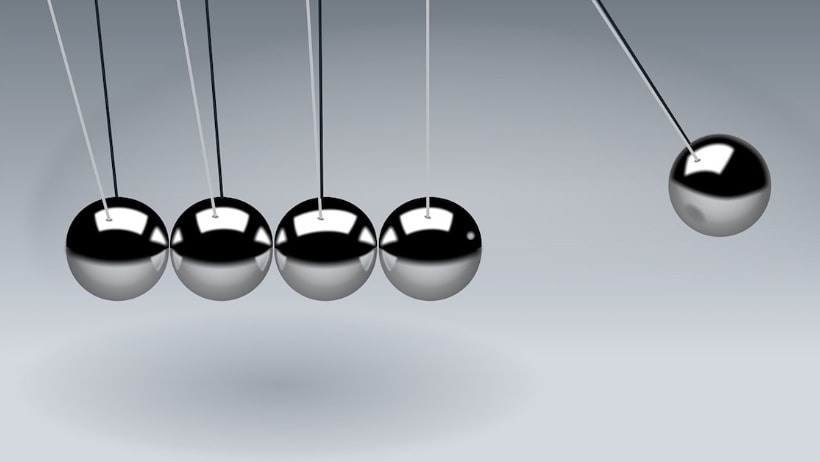The way we treat one another often mirrors the treatment we receive. “Do not do unto others” isn’t just a moral directive, it’s an inherent part of how we interact. When Shiri is in a kind, sweet, or silly mood, it is much easier to be kind and sweet and silly back. When she’s upset and emotions get the best of her, it becomes increasingly difficult to maintain my own cool with her. Most relationships – parent to child, spouse to spouse, employee to employee – are like this. The more people are willing to be kind and helpful or make you feel safe and secure, the kinder and nicer you are to those people. On the other hand, when someone makes you feel insecure, you’re more likely to respond defensively or close yourself off.

It might be subconscious, but this is how we rationalize emotions, especially the negative ones. If I think you’re being mean or rude to me, I tend to believe I’m completely justified in my rude response. Is it the best approach? Usually it’s not, but nevertheless we somehow create an artificial logic that thrives in the balance of action and reaction.
This week’s parshah, Parshat Chukat, is heavy with major plot points. Moshe’s siblings Miriam and Aaron both die, and we find out that Moshe is prohibited from entering the land of Israel. As the Israelites wander in the desert and relive their experiences with the Egyptians, perhaps they begin to understand some of the “why” they were treated the way they were. Chapter 20, verse 15 states, “That our ancestors went down to Egypt, that we dwelt in Egypt a long time, and that the Egyptians dealt harshly with us and our ancestors.” The Hebrew is va-yarei-u lanu, which is usually interpreted as the Egyptians dealing harshly with us, could also mean “they made us seem harsh.” In this interpretation the Egyptians viewed the Israelites as evil and deserving of persecution to justify their terrible treatment of them.
Obviously we can only speculate about whatever context the Israelites might have had regarding their history with the Egyptians and why they were enslaved. But when there is no reasonable explanation for the ways in which we are treated, we’re forced to look elsewhere for explanations to rationalize these actions. This particular translation of the text suggests the only way the harsh treatment of the Israelites could be logically explained is through a complete mischaracterization of who they are.
As anyone who has had the same conversation with multiple rabbis can attest, you can find the answer you’re looking for, but that doesn’t make it the best answer. The best answer is found when we’re able to put aside the false logic that surfaces in an emotionally difficult situation to address the heart of the problem, not just the reactions to it.
-Rabbi Eve Posen
Source: An Equal and Opposite Reaction – Parshat Chukat 5777



